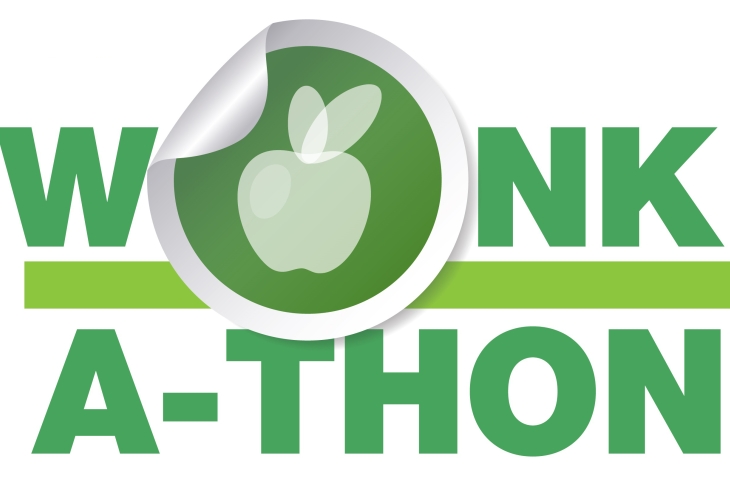In 2014, we hosted our first-ever Wonkathon, which was dedicated to the subject of charter school policy. Joe Siedlecki of the Michael and Susan Dell Foundation was voted the wisest, wonkiest wonk of all.
Last year, we returned with a sequel focused on the implementation of education savings accounts in Nevada. Seth Rau, then at Nevada Succeeds, took home the big prize despite (or perhaps because of) his colorful analogy.
For 2016, we’re taking a look at the new federal law, the Every Student Succeeds Act, and its potential for expanding parental choice. We’ve asked a select group of education policy wonks to respond to the following prompt:
Many observers credit No Child Left Behind with contributing to the significant expansion of parental choice in American education over the past fifteen years. It wasn't necessarily the school choice provisions contained in the law (which were limited and poorly designed), but what its passage did to shine a spotlight on school failure and create a sense that better schools were desperately needed.
Likewise, some in the school choice movement are disappointed that the new Every Student Succeeds Act doesn't do much legislatively to promote choice. But are they overlooking the law's potential? What do you think are the "sleeper provisions" of ESSA that might encourage the further expansion of parental choice, at least if advocates seize the opportunity? For example:
- Might the law's weighted student funding pilot move states and districts toward a child-centered school finance system?
- Could ESSA's "direct student services" provision lead to new opportunities for course access?
- What about the allowance for states to set aside 7 percent of Title I funds for school improvement activities? Could states use that money to provide more high-quality options to kids in struggling schools and districts? Might they create Achievement School Districts replace underperforming schools with high-quality charters, or bring in charter management organizations to initiate turnarounds and run new schools?
- Can states take advantage of enhanced reporting requirements to upgrade their report cards and give parents the information they need to make better choices?
- Will state authorities use the Student Support and Academic Enrichment block grant to support accelerated learning and educational technology?
- And what might reform-minded states do to make the most of the opportunities ESSA provides?
If you’d like to participate, send your submission to mpetrilli (at) edexcellence (dot) net by Friday, May 6. At the end of the series, we’ll ask our readers to tell us who provided the most compelling answer. May the best wonk win!




